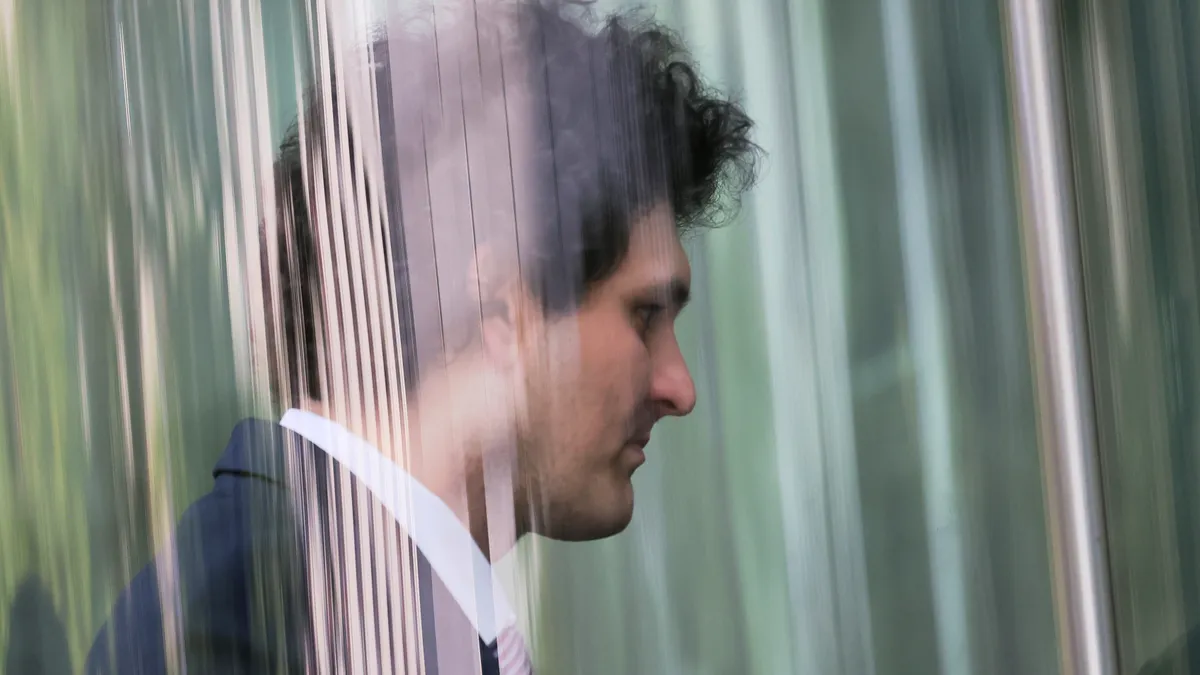FTX founder Sam Bankman-Fried said he relied on the advice of the company’s in-house and outside counsel to make business decisions such as deleting communications and making loans to himself, but when he was asked for details about the claim, he couldn’t provide any, The Wall Street Journal reported.
“Under cross examination, Bankman-Fried testified that he couldn’t recall specific conversations with the lawyers who he earlier said had overseen bank accounts, loans and communication policies,” the Journal said. “He at times was evasive and stumbled while saying he didn’t remember key details of the alleged conduct in question.”
In one instance, Assistant U.S. Attorney Danielle Sassoon asked him if he had any paper records of his consultations with counsel, but he didn’t. “Bankman-Fried said he had requested such records but didn’t have them,” the Journal said.
The once high-flying entrepreneur made the claim on the stand October 26 before Lewis Kaplan, the federal district court judge presiding over his trial for fraud and money laundering. Federal prosecutors brought the case against Bankman-Fried in 2022 after his crypto exchange business, valued at $40 billion at its peak, collapsed.
Along with decisions about his use of funds that users deposited in the exchange for buying and selling cryptocurrency, Bankman-Fried said he relied on lawyers on his use of communication tools, including Slack and Signal.
The apps were set to delete messages after a period of time if they were used for informal conversations — the “electronic equivalent of someone walking up to his desk” — he said, according to the Journal. They were set to save messages if the conversations concerned regulatory or other substantive matters.
“Bankman-Fried said throughout his appearance that he discussed policies such as deleting messages with lawyers, particularly former chief regulatory officer Dan Friedberg and lawyers from Fenwick & West, an outside law firm that advised the company,” the Journal said.
Bankman-Fried’s testimony came after the jury had been dismissed for the day. The judge called him to the stand so he could screen his planned testimony and rule on what would be, and wouldn’t be, admissible when he takes the stand before the jury.
The Journal said the judge appeared skeptical of the defendant’s claim that lawyers were involved in key business decisions.
“Part of the problem is that the witness has what I’ll simply call an interesting way of responding to questions,” said the judge, pointing to what he felt were evasive answers.











